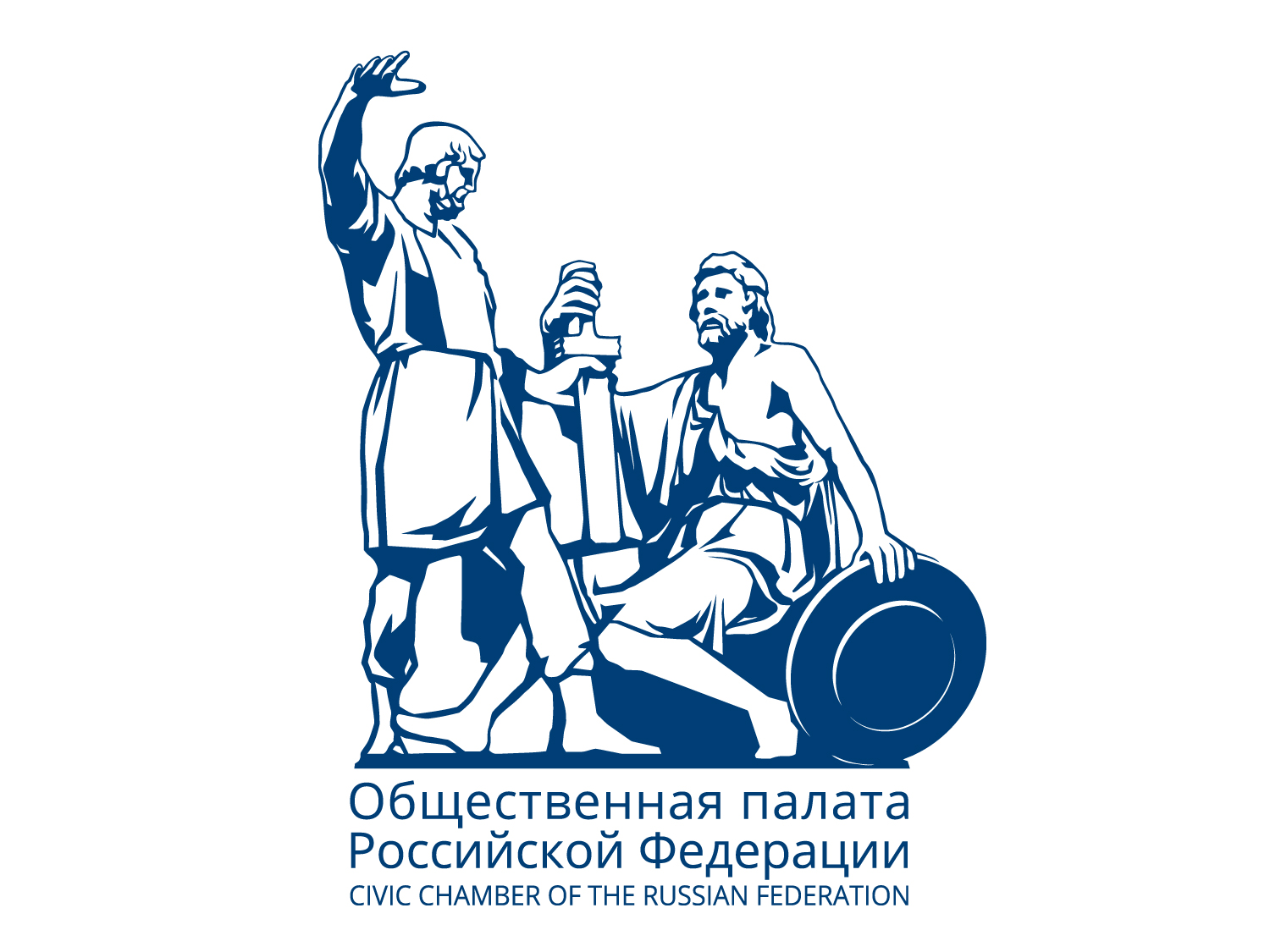
Telma Luzzani
Telma Luzzani is an Argentinian journalist specializing in international politics. She is author of several books, including "Territories under surveillance"; "How the network of North American bases operates in South America"; "Everything you need to know about the Cold War"; and "Venezuela and the revolution: scenarios of the Bolivarian era." Telma Luzzani has published many articles in magazines and newspapers in Argentina, Brazil, Mexico, Spain, Uruguay and Russia, among other countries. As a correspondent and columnist for international politics for the Argentine newspaper Clarín in 1989−2009, she covered important historical events in the Soviet Union, Lebanon, Hong Kong-China, among others. She received numerous awards and recognitions from different countries. Currently Luzzani hosts the radio program "Voices of the world", a SputnikNews production.
So that the monsters do not come back
The cultural battle precedes, goes along with and continues after any historical event with an enormous force, even though it often happens inadvertently. World War II, its players and the defeat of Nazism is not an exception. On the contrary, this dispute is very much alive.
In the West the dominant rhetoric insists to "forget" the sacrifice and the heroism of the Soviet Union, as well as the decisive role of its army in Hitler’s defeat.
In the West the dominant rhetoric insists to "forget" the sacrifice and the heroism of the Soviet Union, as well as the decisive role of its army in Hitler’s defeat.
They do so because they know that the one who manages to take over, give a new meaning and impose his own version of facts will be, without any doubt, the winner
Is it not surprising that, 75 years after the liberation of Auschwitz concentration camp by the Red Army, Russia was not even invited to commemorate this event in situ. There are plenty of other examples. The Russian President himself warned that the recent resolution of the European Parliament "virtually puts the Nazi aggressors on the same level with the Soviet Union".
In Latin America the narrative that presents the United States and the United Kingdom as great victors of World War II was always dominant. In 1945, when the war had not yet ended, Argentinian mass media filled almost every page of their outlets with texts and photos dedicated to Anglo-American naval power and their successes in Europe and Africa.
In contrast, articles about military actions of the Soviet Union barely had a minimal space in those newspapers. It was even worse than that. While describing the Soviet successes in the battlefield those media outlets emphasized that those achievements had only been possible "with the help from the Allies". In other words, Moscow was able to achieve something only thanks to London and Washington.
The glorification of the capitalist powers in 1945 was accompanied by the stigmatization of the Bolsheviks expressed through graphic humor as well. Joseph Stalin, for example, was always shown as a power-hungry character who was eager to take over other people’s territory.
For Argentina 1945 was a tumultuous and foundational year. The Argentinian citizens, as almost all the rest of the world, celebrated with a relief and full of hopes the triumph of the Allied forces that consisted of the armies of the USSR, the United States and the United Kingdom over Nazi Germany. But on the domestic level some deep social changes have been simmering and finally saw the light on the 17th of October, 1945.
It can be said that Argentina simultaneously went through a process of a double metamorphosis: a structural, cultural and political change defined by the emergence of a workers' class at a local level, and in the global context of the Cold War its integration in the new world architecture of the post-war period.
That is why in 1945, at the time when everybody celebrated the Red Army’s taking of Reichstag in Berlin, the Argentinian people also were preparing to face in the most independent way possible the bipolar world in which like never before the dispute over the influence was based on the rivalry between two totally opposed ideologies: capitalism supported by the United States and communism supported by the Soviet Union.
In this context and because of the public pressure, the military dictatorship of the day in Argentina called for democratic elections. Washington, in need to exert an absolute control over Latin and Central America, could not allow any independent government to exist because the region was the cornerstone of Washington’s global hegemonic project.
When the atomic bombs had not yet been dropped on Hiroshima and Nagasaki and when Japan had not yet capitulated Washington on the 21st of May, 1945 decided to send to Argentina its ambassador Spruille Braden with a specific task to help to form a coalition (the Democratic Union, that represented not only the old Argentinian oligarchy, but also a large part of the urban middle class). That coalition had to stop the emergence of an independent people’s movement which at that time was led by General Juan Domingo Perón.
In Latin America the narrative that presents the United States and the United Kingdom as great victors of World War II was always dominant. In 1945, when the war had not yet ended, Argentinian mass media filled almost every page of their outlets with texts and photos dedicated to Anglo-American naval power and their successes in Europe and Africa.
In contrast, articles about military actions of the Soviet Union barely had a minimal space in those newspapers. It was even worse than that. While describing the Soviet successes in the battlefield those media outlets emphasized that those achievements had only been possible "with the help from the Allies". In other words, Moscow was able to achieve something only thanks to London and Washington.
The glorification of the capitalist powers in 1945 was accompanied by the stigmatization of the Bolsheviks expressed through graphic humor as well. Joseph Stalin, for example, was always shown as a power-hungry character who was eager to take over other people’s territory.
For Argentina 1945 was a tumultuous and foundational year. The Argentinian citizens, as almost all the rest of the world, celebrated with a relief and full of hopes the triumph of the Allied forces that consisted of the armies of the USSR, the United States and the United Kingdom over Nazi Germany. But on the domestic level some deep social changes have been simmering and finally saw the light on the 17th of October, 1945.
It can be said that Argentina simultaneously went through a process of a double metamorphosis: a structural, cultural and political change defined by the emergence of a workers' class at a local level, and in the global context of the Cold War its integration in the new world architecture of the post-war period.
That is why in 1945, at the time when everybody celebrated the Red Army’s taking of Reichstag in Berlin, the Argentinian people also were preparing to face in the most independent way possible the bipolar world in which like never before the dispute over the influence was based on the rivalry between two totally opposed ideologies: capitalism supported by the United States and communism supported by the Soviet Union.
In this context and because of the public pressure, the military dictatorship of the day in Argentina called for democratic elections. Washington, in need to exert an absolute control over Latin and Central America, could not allow any independent government to exist because the region was the cornerstone of Washington’s global hegemonic project.
When the atomic bombs had not yet been dropped on Hiroshima and Nagasaki and when Japan had not yet capitulated Washington on the 21st of May, 1945 decided to send to Argentina its ambassador Spruille Braden with a specific task to help to form a coalition (the Democratic Union, that represented not only the old Argentinian oligarchy, but also a large part of the urban middle class). That coalition had to stop the emergence of an independent people’s movement which at that time was led by General Juan Domingo Perón.
In the 1930s, Western elites supported fascism — although they do not admit it — in order to stop the expansion of the ideas of the Russian Revolution and the Soviet experience among the workers' movements
In Latin America in the same way there were attempts to destroy and demonize by all means possible any insurrectionist force that questioned the leadership of Washington.
The continuing historical research, the search for new proofs and the questioning of stereotypical rhetoric are the fundamental steps needed to avoid the return of genocides and totalitarianism which we thought of as things of the past. Nowadays in Europe some movements try to copy the fascist past. This resurgence is fostered by the manipulation of information and the distortion of the past events by the dominant mass media and academic world.
We celebrate the decision of the Russian president Vladimir Putin to create the biggest existing World War II archive. It is our common responsibility to learn and spread the truth in order to avoid the return of those extreme moments which make us be ashamed of belonging to the human race.
The continuing historical research, the search for new proofs and the questioning of stereotypical rhetoric are the fundamental steps needed to avoid the return of genocides and totalitarianism which we thought of as things of the past. Nowadays in Europe some movements try to copy the fascist past. This resurgence is fostered by the manipulation of information and the distortion of the past events by the dominant mass media and academic world.
We celebrate the decision of the Russian president Vladimir Putin to create the biggest existing World War II archive. It is our common responsibility to learn and spread the truth in order to avoid the return of those extreme moments which make us be ashamed of belonging to the human race.
On the use of information
All materials on this website are available under license from Creative Commons Attribution 4.0 International and may be reproduced for non-commercial purposes, provided the source is acknowledged.
Demonstration of Nazi and fascist paraphernalia or symbols on this resource is related only to the description of the historical context of the events of the 1930−1940s, is not its propaganda and does not justify the crimes of fascist Germany.
All materials on this website are available under license from Creative Commons Attribution 4.0 International and may be reproduced for non-commercial purposes, provided the source is acknowledged.
Demonstration of Nazi and fascist paraphernalia or symbols on this resource is related only to the description of the historical context of the events of the 1930−1940s, is not its propaganda and does not justify the crimes of fascist Germany.
This is a project of the Civic Chamber of the Russian Federation and the Institute of Foreign Policy Research and Initiatives


